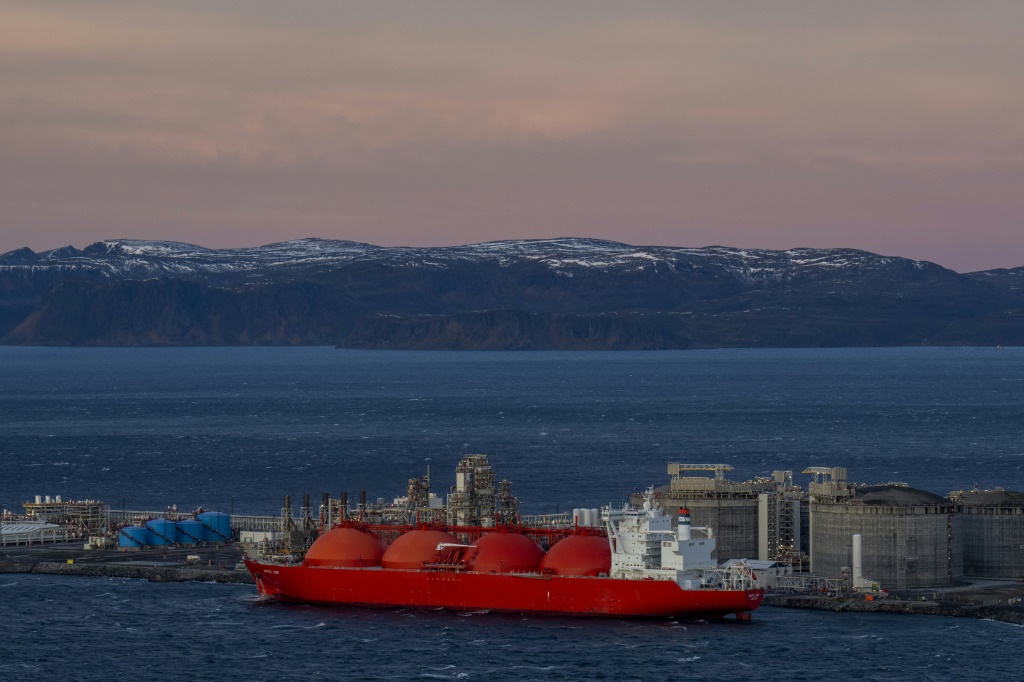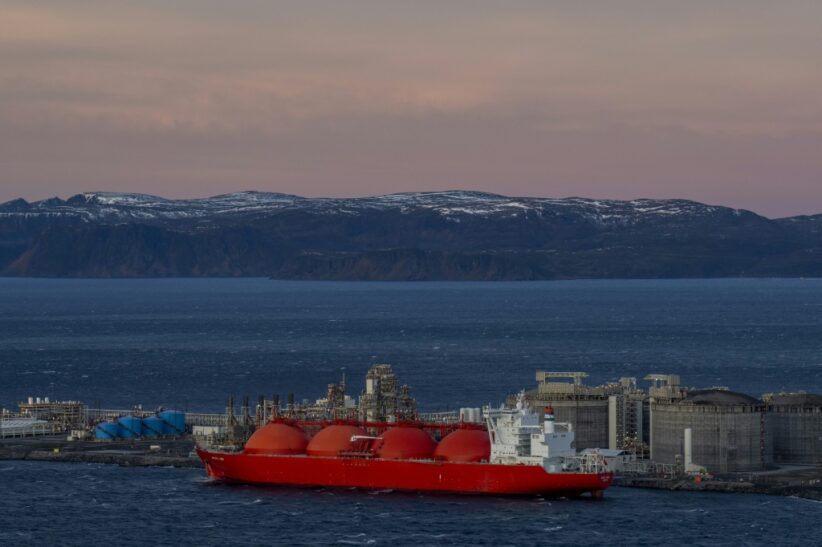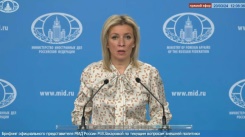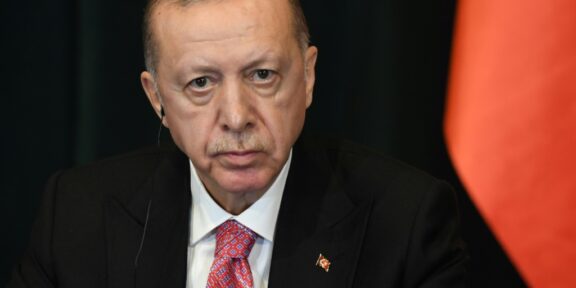Norway on Tuesday said it plans to offer a record number of gas and oil exploration blocks in the Arctic, with environmental NGOs condemning an “aggressive” promotion of fossil fuels.

The Scandinavian nation — Europe’s primary natural gas supplier and a major oil producer — proposed 92 exploration blocks, including an unprecedented 78 in the Barents Sea in the far north.
The other 14 are in the Norwegian Sea near the Arctic Circle.
“New discoveries remain necessary to continue to develop the Norwegian plateau” and are important for Europe, Oil and Energy Minister Terje Aasland said in a statement.
The announcement is part of the annual granting of oil licences in so-called “mature” zones that have already been widely explored.
The centre-left government, lacking a parliamentary majority, reached an agreement with the Socialist Left party last year to forbid prospection in unexplored areas by 2025.
The government’s propositions sparked outrage among environmental organisations.
Truls Gulowsen, head of the Norwegian branch of Friends of the Earth, condemned an “extremely aggressive” cycle of concessions presented as the United Nations and the International Energy Agency discourage further oil exploration to achieve climate goals.
The NGO said the proposal would violate the commitment not to explore virgin territory as some blocks were to be located far from existing infrastructure.
The right-wing opposition, a fervent defender of Norway’s oil sector, said the move was a “tactical game” by the government to give itself bargaining chips to use in future negotiations with the Socialist Left.
Oil industry body Offshore Norge welcomed the fact that “attractive areas” would be opened to prospection.
The proposals will go to a public consultation. Oil companies must submit their applications later this year and licences will be granted in January 2024.
The Barents Sea has long been seen as a productive area for the energy sector, but oil and gas extraction is so far only taking place at two sites in Norwegian waters.








